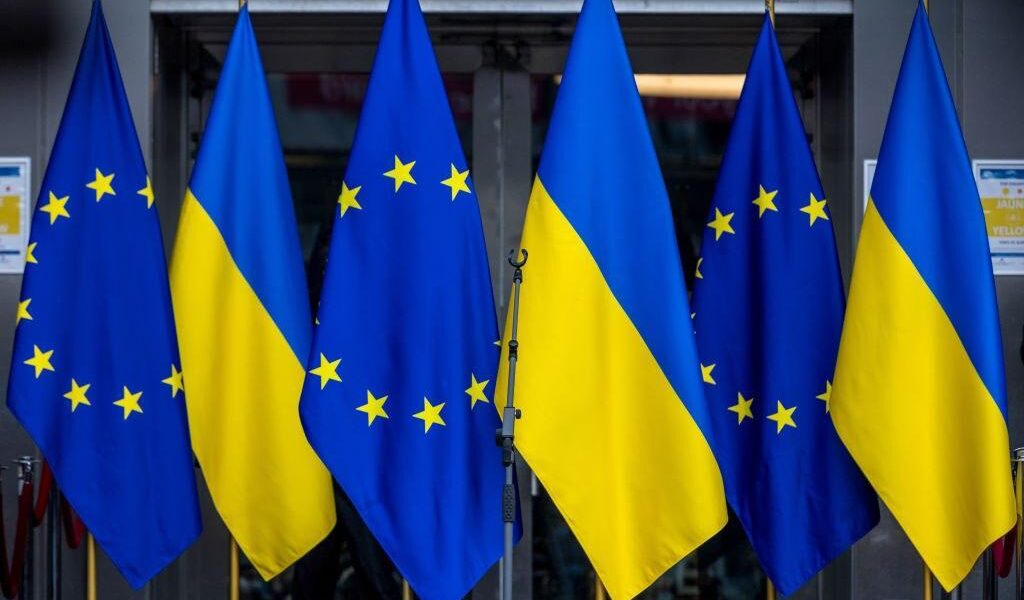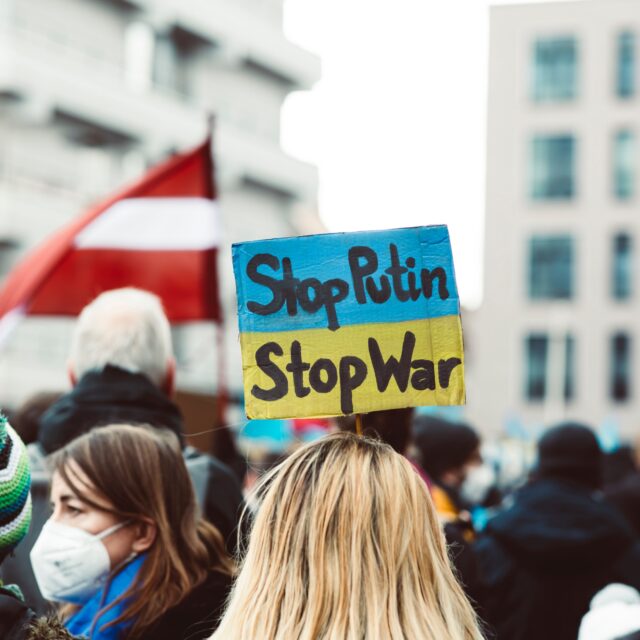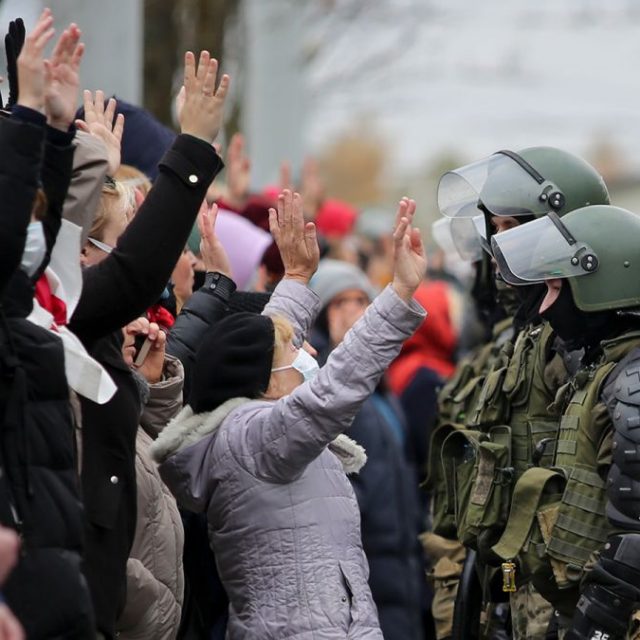On 14 December, EU leaders approved the European Commission’s recommendation to open accession negotiations with Ukraine and Moldova, bringing both countries even closer to joining the EU. This is an extremely positive development for the whole of Eastern Europe, but at the same time there are many obstacles to overcome.
Despite Orbán’s best efforts, the decision was unanimous: he had to compromise with the other countries and leave the room so that all the other leaders could vote in favour of Ukraine. Despite the low expectations from the summit, its result was positive for Ukraine and Moldova.
However, both countries’ path to the EU continues and they have a number of conditions to fulfil. In addition, at every stage of the negotiations, Orban will hinder Ukraine’s European integration, as he said when commenting on his waiver of the veto on Thursday 14 December. Slovak Prime Minister Robert Fitzo, who will also try to slow down Ukraine’s accession to the EU, may join Orban.
The start of negotiations is therefore an unqualified success, but it is another stepping stone to final victory.
Another obstacle could be the position of Austria, which promotes the priority accession of Bosnia and Herzegovina. Given the low level of activity of the Western Balkan countries on the road to the EU, the European integration process of Ukraine and Moldova may be delayed – and this is a serious problem for Eastern Europe. At the same time, 26 countries are determined to help Ukraine, as Estonian Prime Minister Kaja Kallas announced on 15 December.
European unity in supporting Ukraine on its path to the EU is crucial for the security of the entire Eastern European region, to which Russia occasionally makes aggressive statements and poses a real threat.
The European integration of both countries is important for the integrity and security of the EU. Russia seeks to thwart Ukraine’s and Moldova’s accession to the EU by all means, but the EU countries’ decisive position in diplomatically countering Russia will help avoid negative consequences for Eastern Europe.




